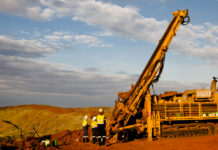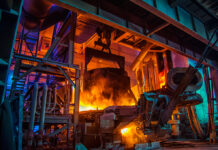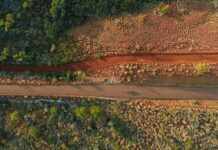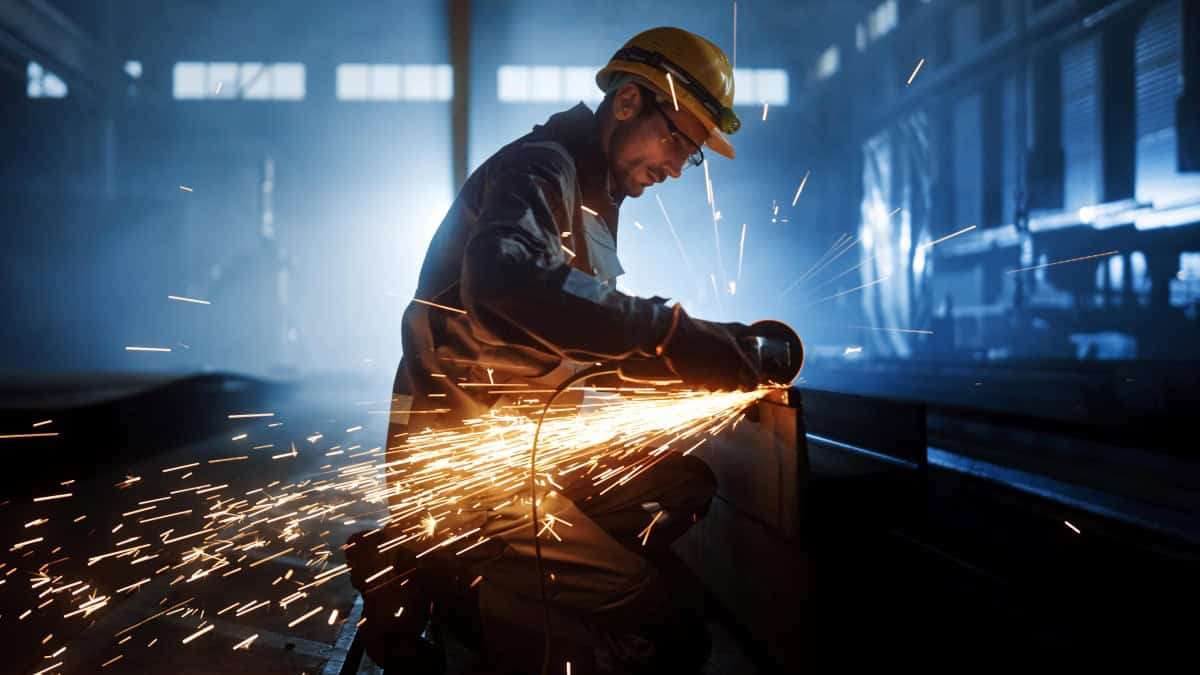Government urged to step in for Australian steel
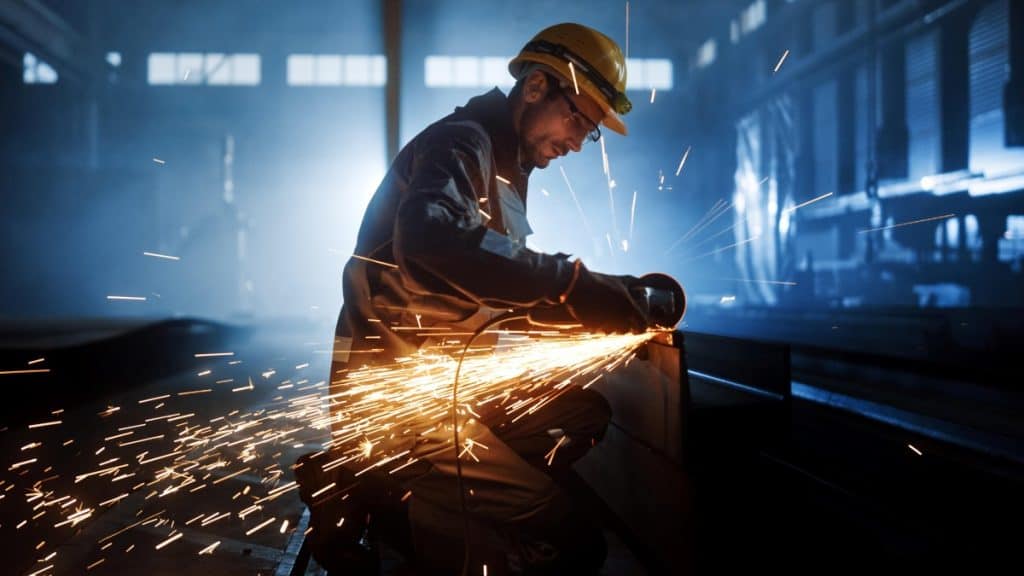
The Australian Steel Institute (ASI) is enlisting support from Federal and state governments for local steel fabricators and manufacturers, after research revealed the local industry is being undercut by an excess of cheap imports.
Australia has experienced weaker industrial output of steel since the start of 2023 as world steel demand continues to be affected by the elevated interest rate environment in most advanced economies, according to the Federal Department of Industry, Science and Resources’ June Resources and Energy Quarterly (REQ).
The REQ reports that world steel demand has fallen for the past two years, driven by lower demand from manufacturing and construction in developed economies and ongoing weakness in China’s property sector.
According to the REQ, an expected steadying and then gradual pick-up in growth in ex-China global manufacturing is expected to support stronger steel demand over FY25.
The ASI survey of steel fabricators and manufacturers in July 2024 revealed 86% had reduced profit margins because of cheap imported fabricated steel, which is being priced between 15-50% lower than the local offer.
Approximately 80% of those surveyed reported that they are now operating at less than 80% capacity utilisation, which is typically a benchmark for breakeven profitability in manufacturing. One fifth of businesses responded that they are operating at below 50% of production capacity.
Small and medium sized businesses are bearing the brunt of the impact, each typically employing between 20-200 people and providing skilled employment in their local region.
This issue is particularly impacting east coast fabrication businesses that are reliant on the portal frame market for structural steel, but it is also having a detrimental effect on a wide range of other steel product manufacturers.
ASI chief executive Mark Cain says the impacted businesses are reporting loss of viability due to decreased profit margin, loss of revenue due to lower volumes and capacity utilisation and increased costs.
“The ASI is engaging with state and Federal governments in order to bring this problem to their attention, explain the damage that is being done to strategically important local industries and to identify what courses of action are available to provide relief to members,” he said.
A general manager of a long-established NSW steel fabrication business who contacted the ASI as part of the survey says the Australian steel market is experiencing significant disruption due to the influx of steel imports at unsustainable prices.
“We estimate that over the past 18 months there has been almost $300m worth of steel being imported from overseas into Sydney alone,” he said.
“This is money going offshore and directly affecting the Australian market and local jobs.
“The downturn in local work not only affects our business but the steel industry as a whole and it is disheartening to see the repercussions, especially for our dedicated workshop team.”
In a statement released by the ASI, an anonymous Sydney steel product manufacturer says a far more proactive approach is needed by governments to investigate whether the product is being dumped in Australia at greatly reduced prices, by countries struggling to find outlets in their own country due to a downturn in demand.

